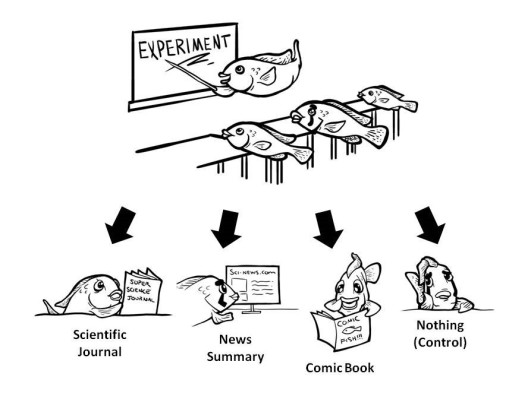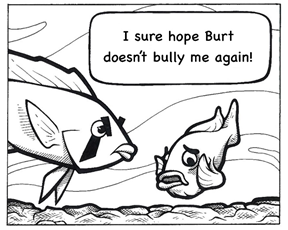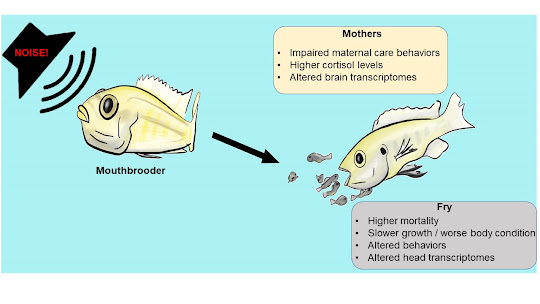Immune System to the Rescue!

Hey guys! It's Burt back again with another exciting post. Sorry it’s been a while! I’ve been busy taking care of Toni as she has been sick for the past few weeks. I hope you all have been able to stay healthy during the COVID-19 pandemic. Surprisingly, we get sick just like humans, although our response to a pathogen is a bit different. You see, our immune systems are split into two types of responses; innate and adaptive. Innate immune responses are the body’s general immediate response to a pathogen, while the adaptive response works more slowly and is more specific. This means that adaptive immunity mounts responses that are specific to the type of pathogen attacking the body while the innate immune response generally fights pathogens the same way regardless of the type or class of pathogen threatening it. If we compare innate and adaptive immunity to COVID-19, the innate response would be similar to the first responders, like doctors and nurses that work extremely hard to trea...



